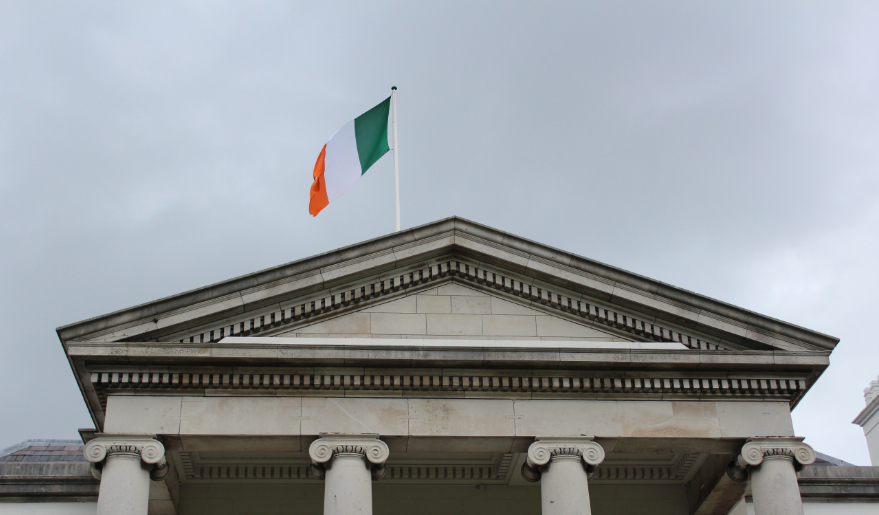Prominent Irish businessman Declan Ganley has set a precedent for legal proceedings involving defamation and libel on social sites, including Twitter and Facebook, as he reached an out-of-court settlement yesterday with blogger Kevin Barrington over defamatory tweets he published in December of last year.
In what is believed to be the first of its kind in Ireland, blogger Kevin Barrington (@kevbarring) was forced to make a public apology to Declan Ganley over his comments on Twitter and award a “substantial” donation to Ganley’s charity of choice – the Poor Clares.
Declan Ganley (@declanganley) is a well-known Irish businessman and founder of pan-European political party Libertas – himself a candidate in the 2009 European Parliament election.
Barrington blogged a short apology on January 2 and again tweeted his apology on January 3 (which Ganley of course retweeted);
I wish to unreservedly apologise to Declan Ganley for the content of my tweets of December 20121
— Kevin Barrington (@kevbarring) January 3, 2013
Barrington continued;
In future I undertake not to defame Declan Ganley
— Kevin Barrington (@kevbarring) January 3, 2013
Mixed in with other nonsensical tweets posted late last night, Barrington conveys his obvious disdain for media lawyer Paul Tweed, who represented Ganley in his case;
See the Brits are working on Twitter rules to stop the Paul Tweeds of the world scamming a free lunch
— Kevin Barrington (@kevbarring) January 9, 2013
No new legislation needed
Ganley’s Belfast-based lawyer, Paul Tweed (@Paul_Tweed), describes how Twitter, and other social media sites, are no different than any other medium when it comes to defamation and libel – and therefore no new legislation is needed. Tweed stated yesterday,
“I think there was a general feeling that Twitter is different from the print media, but the same defamation law applies.”
Tweed mentioned how the Lord McAlpine case in Britain served as a “wake-up call” to users of social media who do not appreciate their liability for defamatory content that they publish.
With the precedent now set under current law, Tweed anticipates that Ganley’s case is “the first of many coming down the tracks” and stated that in the last 12 months, there has “been a major surge in people consulting us regarding abusive comments on social networking sites in general and Twitter in particular”.











